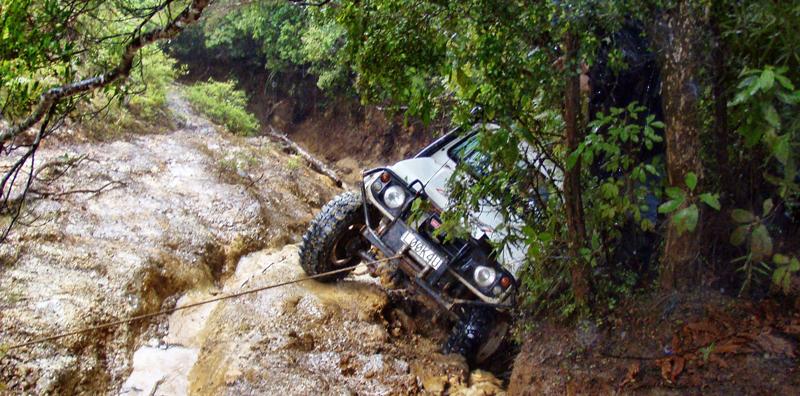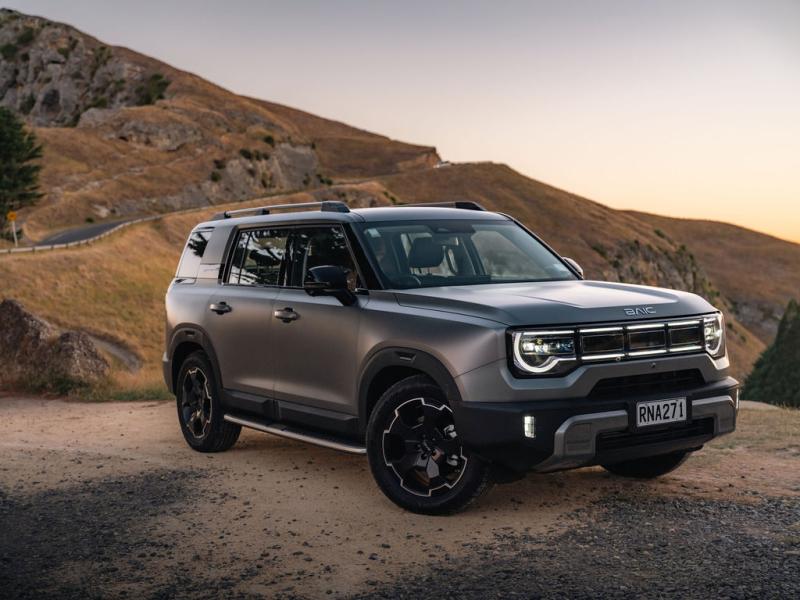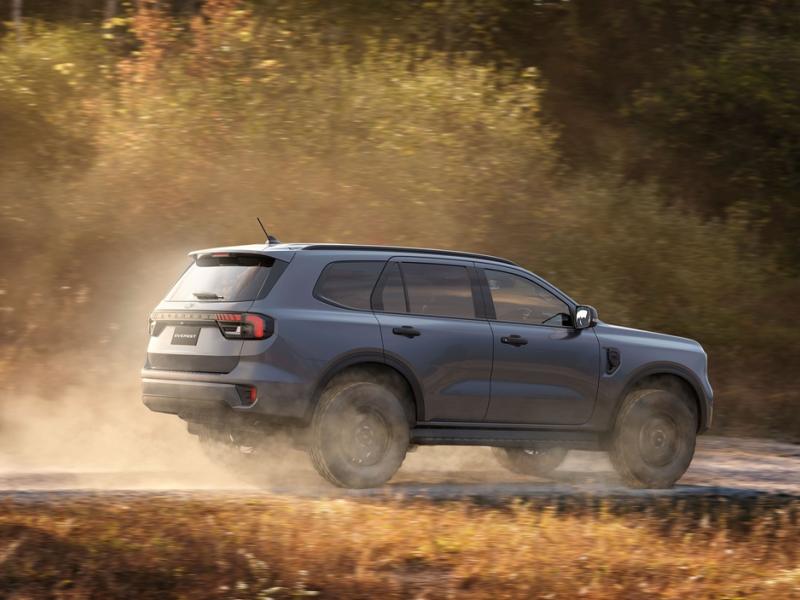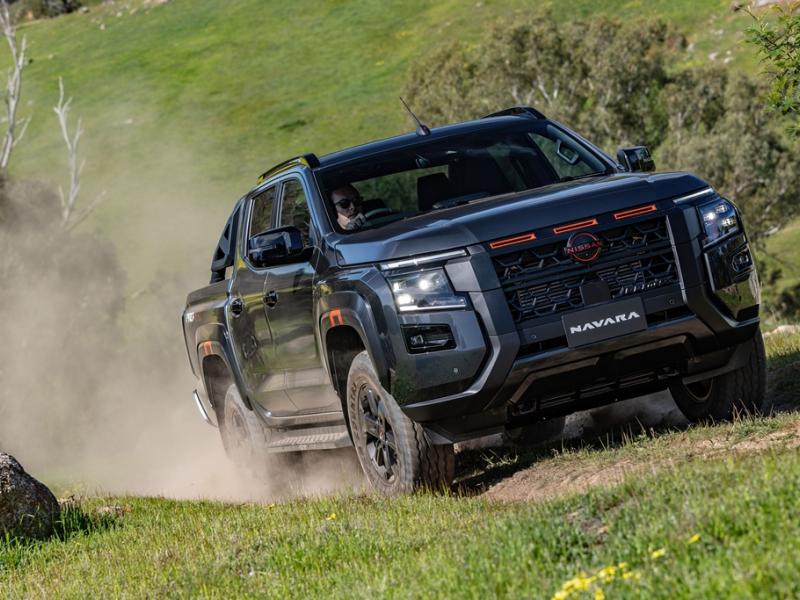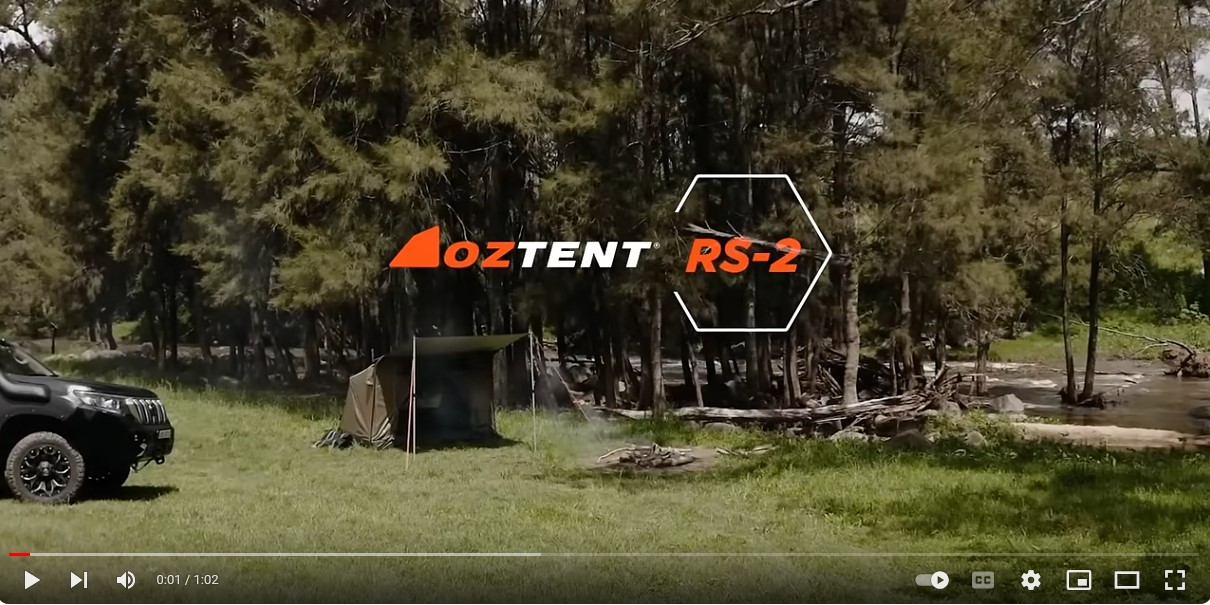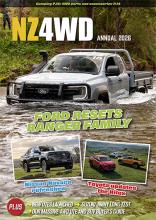By NZ4WD magazine columnist Peter Vahry
Voting in the 2017 General Election will be important for four wheeling and that all-important access to our countryside. In my view the current divisive political process along racial lines is unwelcome and generating tensions that are starting to look like a reverse apartheid as tribal groups are given special treatment in what has been a previously democratic country.
There has been no apparent lobbying of parties or candidates by four wheeling advocacy groups to identify advantage or otherwise, for four wheeling in the future. That’s something that probably could be worthwhile before subsequent elections, while an immediate option might be to ‘party vote’ for one of those parties that have identified intent to minimise restrictions to our coasts, or endorsed recreation and access to public lands.
The recently created New Zealand Outdoors Party has aims which include advocating through the parliamentary process that; “ Our seas, our rivers, our beaches and our land all belong to the people of New Zealand and that our unique outdoor environment will continue to provide food, recreation and social benefit for generations forever, without question, without compromise.”
It is interesting to note that recreation advocacy has become entwined with environmental advocacy as the realisation that one pastime can impact on other recreations, such as with streams where silt inflows create adverse water conditions for aquatic life and subsequent outcomes for the fishing fraternity.
Thus we now have many outdoors groups, such as the Council of Outdoor Recreation Associations of NZ (CORANZ), who lobby hard for the clean water resource. There are a huge number of fresh water based recreations that can be disadvantaged by dirty water. On the CORANZ website they reference a quote from the late John F Kennedy, President U.S.A. “The race between education and erosion, between wisdom and waste, has not run its course --- each generation must deal again anew with the raiders, with the scramble to use public resources for private profit and the tendency to prefer short run profits to long run necessities. The nation’s battle to preserve the common estate is far from run --- the crisis may be quiet but it is urgent.”
It has been water quality that has created an impasse over vehicle use of a track at Waitawheta in the Waikato Regional Council area. The route comprised of part of an unformed legal road then branched into conservation stewardship land and over many years had deteriorated into multiple mud holes etc. The NZFWDA organised, with DoC permission several years ago, to put some machines in to attempt to mitigate that damage and to create a manageable vehicle route with water and silt controls, but that work was not completed at the time. Complaints to the Regional Council by locals about subsequent water quality after rains had the track closed by the Council until further mitigation work was done according to a formal plan prepared by an engineer. A plan was created and agreed upon, with funding also sourced for the work.
That work has not been done and now may never happen, as the Waikato Regional Council are now wanting a full resource consent process costing many thousands of dollars and widespread consultation with Iwi and other community groups, for any works on the track and have strongly indicated that even if four wheelers pay for and go through the whole process, there is no certainty that consent would be granted, or that future use of the rebuilt route would not be arbitrarily withdrawn!
What recreation would invest in improving their environmental impact in such circumstances? The crazy fact is that there are still people using vehicles on that track, as like many rural places it is difficult to effectively close off entry to those determined to get in. The Waikato Regional Council could have worked with four wheeling to implement the plan to address silt management and created a good example of a sustainable recreation opportunity at no cost to their ratepayers. A stance that appears to be contradictory to the support going to trails being created to appease the cycling world, where money and practical assistance is being provided for both construction and ongoing maintenance of rural ‘cycleways’. Instead they have almost certainly ensured the ongoing degradation of an existing route by illicit vehicle use.
To read every story in the September 2017 issue of NZ4WD go to Zinio.com (August 18) or purchase your own hard copy at the Adrenalin store.


